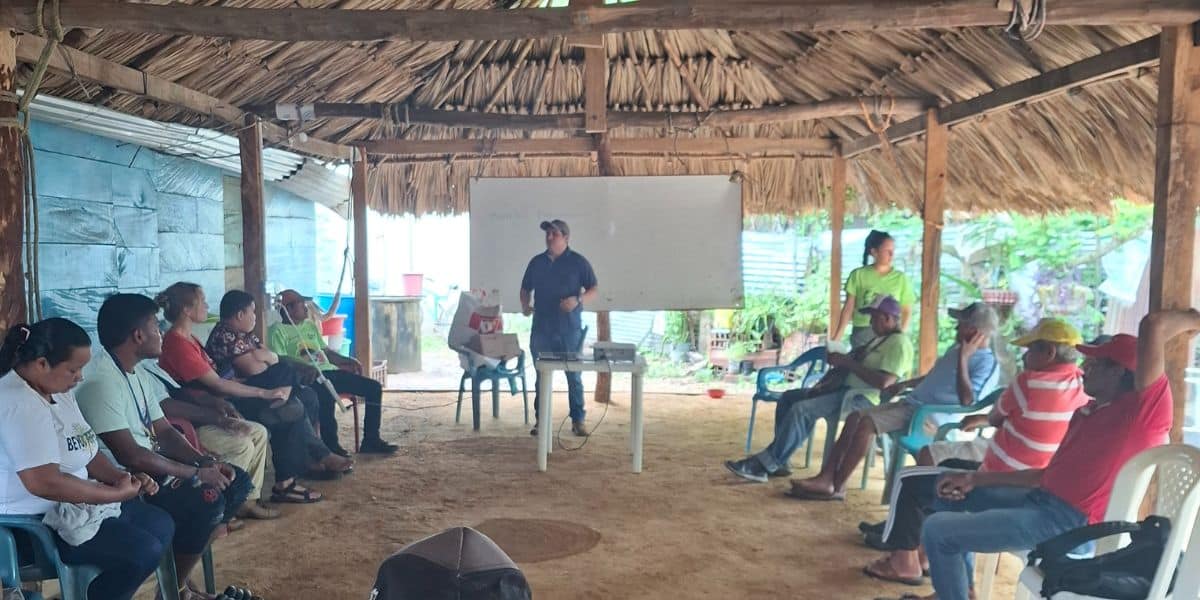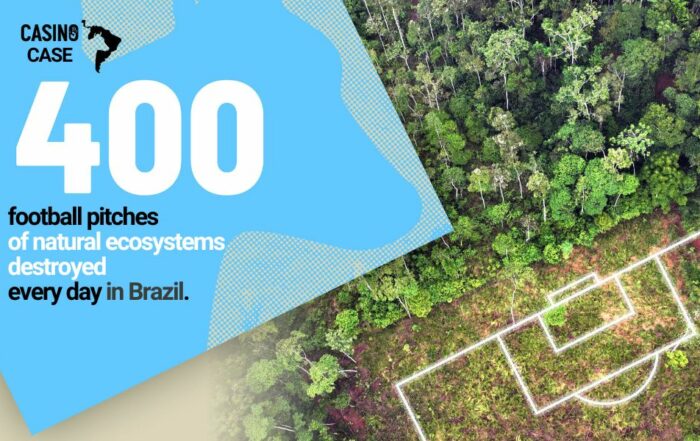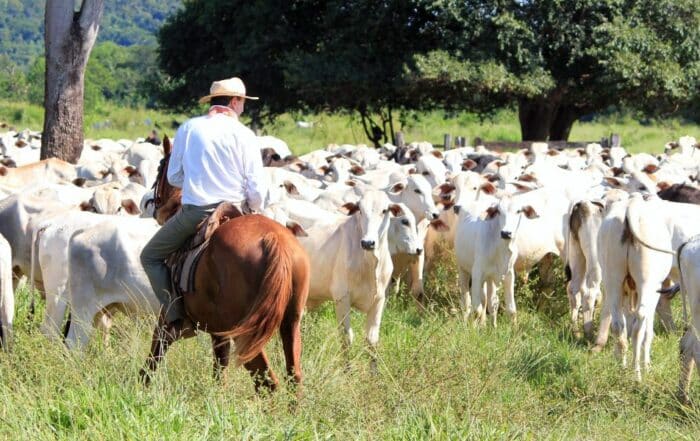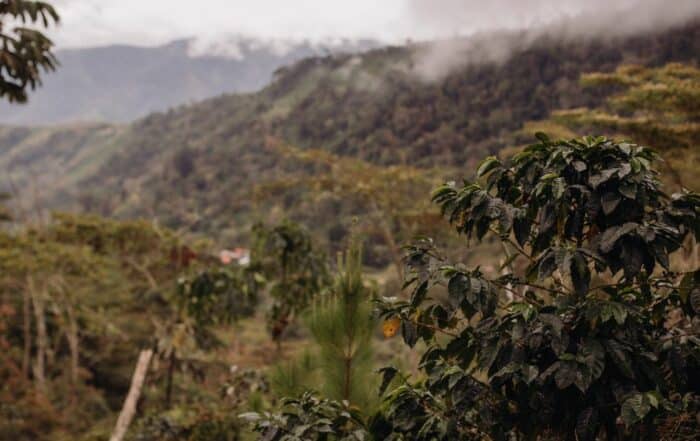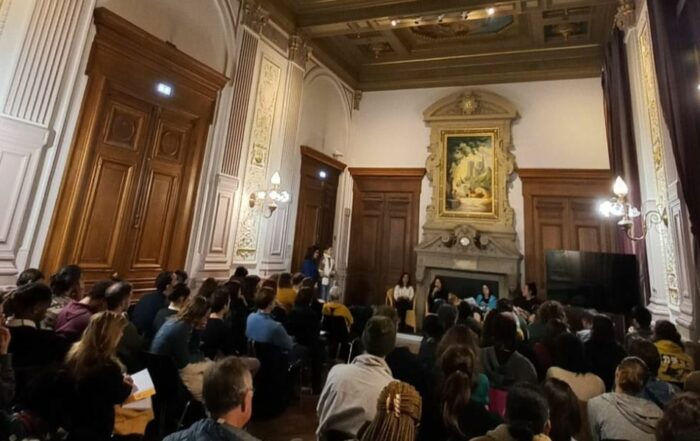This workshop brought together the communities of the rural areas of Coraza, La Siria, La Venta, and La Esperanza with the aim of reflecting on economic alternatives based on the products of the tropical dry forest. Through collective dialogue, participants began to consider how to organize the project in a participatory manner, joining efforts among producers, administrative managers, processors, and those in charge of marketing.
To facilitate reflection, the “crocodile game” was carried out, in which participants, divided into groups, had to solve a problem by organizing themselves according to criteria such as age, size, or gender. This exercise helped to highlight the importance of collaboration and respect for each individual’s abilities.
The economic alternatives focus on the production and development of hibiscus (flor de Jamaica), orejero, mango chutney, and guáimaro. The meeting helped stimulate the participants’ motivation to continue producing hibiscus and to engage in transformation processes. The process of defining economic alternatives in Toluviejo was divided into four areas: raw material production, processing, marketing, and administration, as business development must be comprehensive—from production to sales. Each participant from the communities had the opportunity to reflect on their role within the project. The processing activities are mainly led by women involved in the project, more so than men, although one of the goals is to encourage greater male participation in this stage.
The data and statistics presented by Laura, the project coordinator in Colombia, showed that there is potential to continue advancing with hibiscus and guáimaro, with the support of the Tamandua brand. Envol Vert is committed to purchasing the mentioned products over the next year, which represents a concrete opportunity to strengthen the local economy and consolidate value chains. Participation was active, with the integration of new young people and members of Asoprocar. In this way, progress was made in building a shared vision to guide the transformation of forest products, with the goal of achieving a fairer and more sustainable local economy.
This workshop brought together the communities of the rural areas of Coraza, La Siria, La Venta, and La Esperanza with the aim of reflecting on economic alternatives based on the products of the tropical dry forest. Through collective dialogue, participants began to consider how to organize the project in a participatory manner, joining efforts among producers, administrative managers, processors, and those in charge of marketing.
To facilitate reflection, the “crocodile game” was carried out, in which participants, divided into groups, had to solve a problem by organizing themselves according to criteria such as age, size, or gender. This exercise helped to highlight the importance of collaboration and respect for each individual’s abilities.
The economic alternatives focus on the production and development of hibiscus (flor de Jamaica), orejero, mango chutney, and guáimaro. The meeting helped stimulate the participants’ motivation to continue producing hibiscus and to engage in transformation processes. The process of defining economic alternatives in Toluviejo was divided into four areas: raw material production, processing, marketing, and administration, as business development must be comprehensive—from production to sales. Each participant from the communities had the opportunity to reflect on their role within the project. The processing activities are mainly led by women involved in the project, more so than men, although one of the goals is to encourage greater male participation in this stage.
The data and statistics presented by Laura, the project coordinator in Colombia, showed that there is potential to continue advancing with hibiscus and guáimaro, with the support of the Tamandua brand. Envol Vert is committed to purchasing the mentioned products over the next year, which represents a concrete opportunity to strengthen the local economy and consolidate value chains. Participation was active, with the integration of new young people and members of Asoprocar. In this way, progress was made in building a shared vision to guide the transformation of forest products, with the goal of achieving a fairer and more sustainable local economy.

